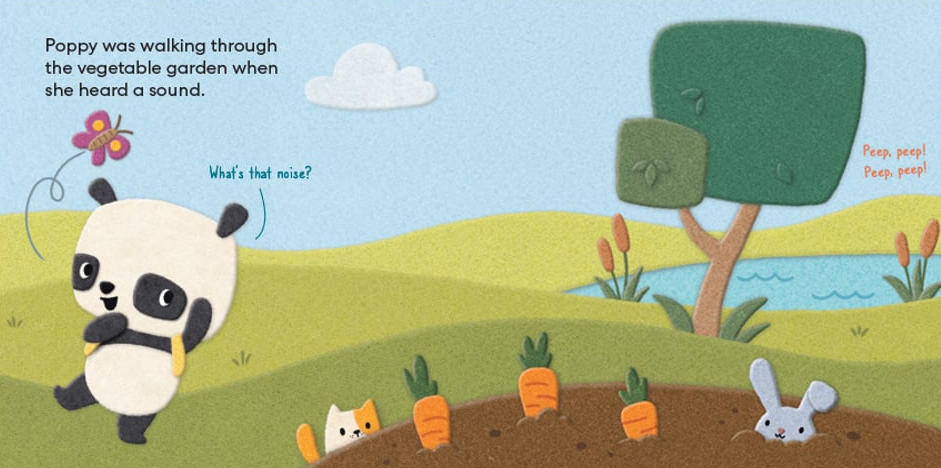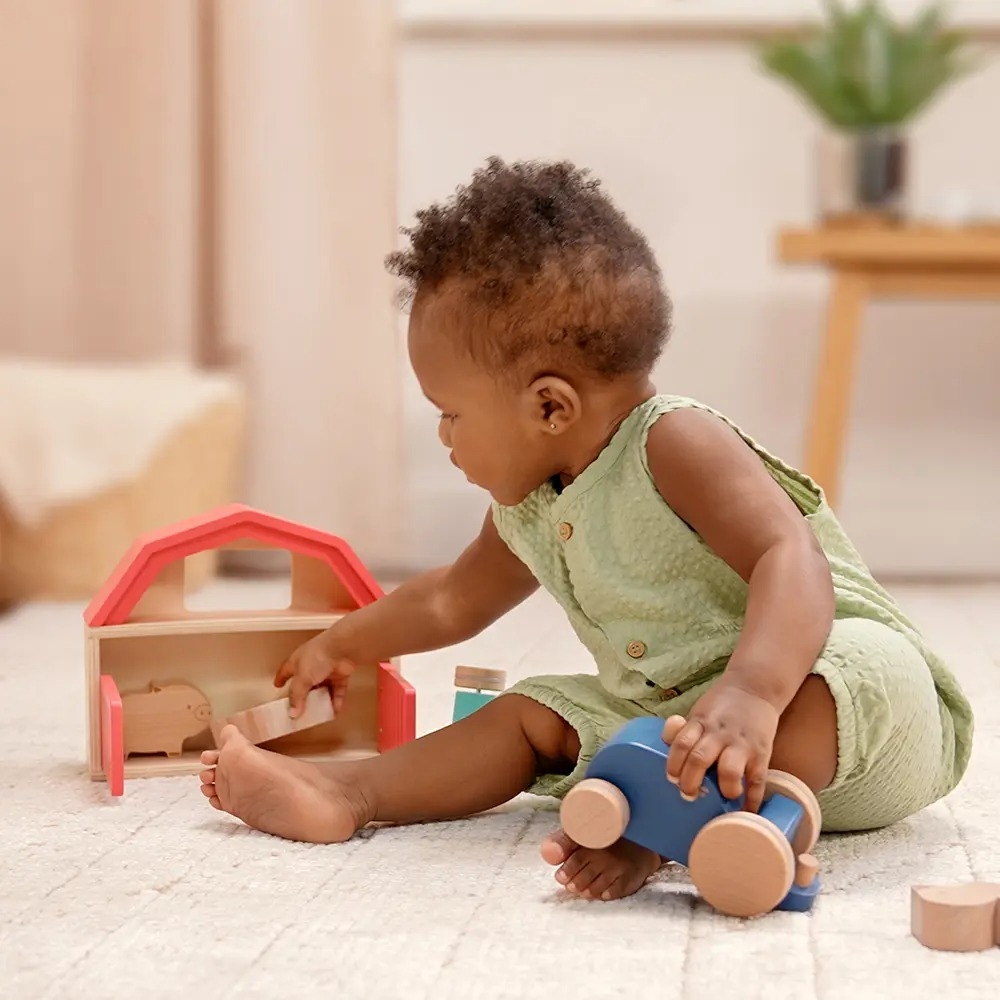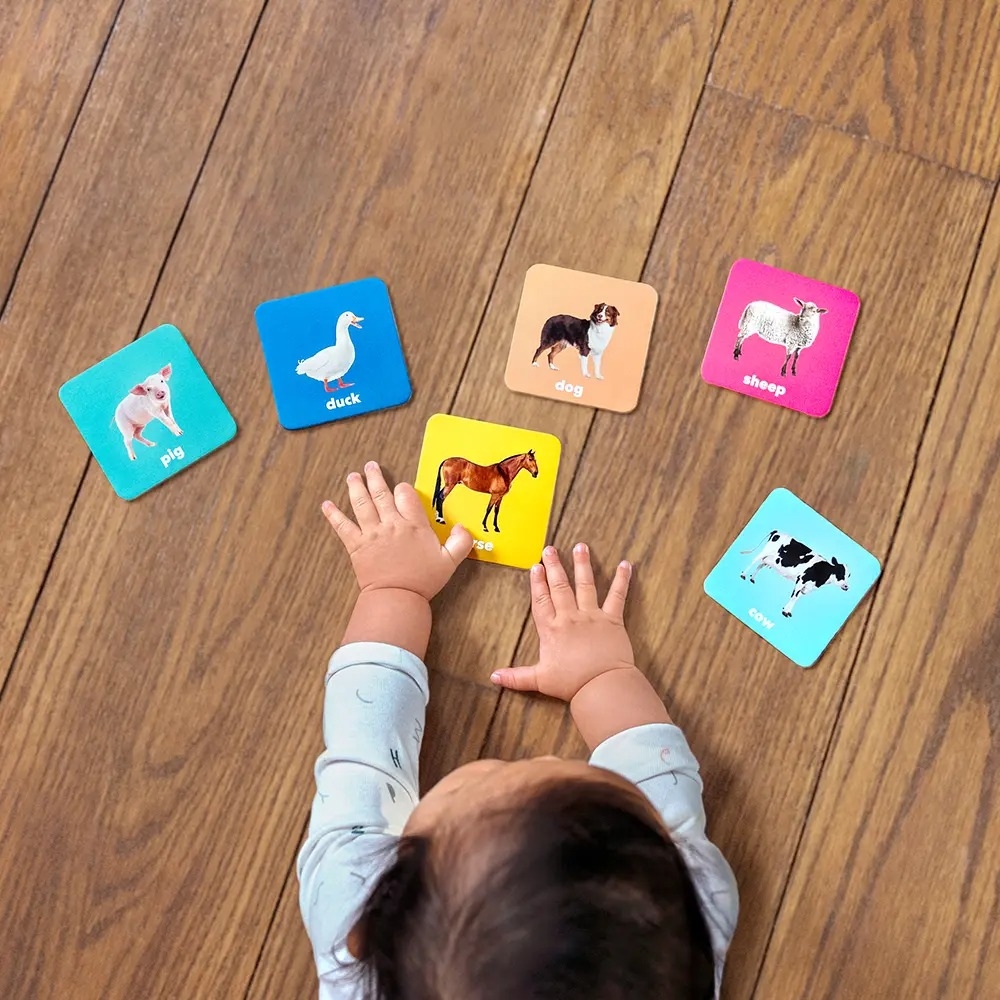The Language Learning Process
The Amazing Journey of Language
From coos and gurgles to the delightful first murmurs of "Mama" and "Dada," the journey of language development is a mind-blowing one. Babies are like little sponges, absorbing the sounds, tones, and rhythms of the language(s) spoken around them.
The Science Behind It
According to the American Speech-Language-Hearing Association (ASHA), the process of learning to talk starts from birth. Babies listen to the voices around them, and even though they can't respond with words right away, they are constantly learning.
Individual Timelines
Every baby is unique, and their language development follows its own timeline. Some babies might start talking earlier, while others take a bit more time. Remember, it’s not a race! Your baby will start talking when they are ready.
When Do Babies Start Talking?
Early Talkers
Some babies start uttering their first words around 9 months. These early talkers might surprise you with a “Mama” or “Dada” much sooner than expected.
Average Talkers
On average, babies say their first words around 12 months. By this age, they typically understand simple words and may use a few of their own.
Late Talkers
Late talkers might not start speaking until 18 months or even later. While this can be concerning for parents, it's important to remember that many late talkers catch up quickly once they begin.
Stages of Speech Development
Birth to 3 Months: The Foundations
In the first few months, babies communicate through cries, coos, and gurgles. They recognize familiar voices and start to respond to them.
4 to 6 Months: Babbling Begins
Babies begin to babble, making sounds like “ba-ba” or “ga-ga.” This is a crucial stage where they experiment with different sounds.
7 to 12 Months: First Words
Babbling becomes more complex, and around 9-12 months, you might hear those magical first words!
12 to 18 Months: Building Vocabulary
Your baby’s vocabulary starts to grow. By 18 months, many babies can say 10-20 words and understand many more.
18 to 24 Months: Two-Word Phrases
At this stage, babies start combining words to form simple phrases like “more milk” or “big truck.”
2 to 3 Years: Rapid Growth
Vocabulary rapidly expands, and babies begin forming more complex sentences. They start to understand and use grammar rules.
Encouraging Your Baby to Talk
Talk to Your Baby
The more you talk to your baby, the more they learn. Describe what you’re doing, name objects, and narrate your day.
Read Together
Reading books to your baby introduces them to new words and concepts. Choose colorful, interactive books that capture their attention.
A bundle of books like the Poppy Plushie Book Set might be perfect for your little one. Each of the board books is colorful and exciting for young learners, and the set even comes with a cuddly Panda plushie!

Sing Songs
Singing is a fun way to expose your baby to language. Nursery rhymes and simple songs with repetitive phrases are particularly effective.
Looking for musical inspiration? The KiwiCo Piano Xylophone and Shaker Set is a great option! It’s crafted from high-quality wood and offers endless open-ended play with plenty of opportunities for your little one to sing songs and develop language skills.
.gif)
Play Interactive Games
Games like peek-a-boo or pat-a-cake are not only fun but also great for language development. They encourage your baby to engage and respond.
Be Patient and Positive
Celebrate your baby’s attempts to communicate, even if they aren’t perfect. Positive reinforcement encourages them to keep trying.
Common Concerns About Speech Development
Late Talkers
If your baby isn’t talking by 18 months, it’s natural to be concerned. Consult your pediatrician or a speech-language pathologist for guidance. Many late talkers catch up with the right support.
Bilingual Homes
Raising a bilingual baby? Great! While they might mix languages initially, bilingualism offers long-term cognitive benefits.
Speech Delays
Speech delays can be caused by various factors, including hearing issues or developmental disorders. Early intervention is key, so don’t hesitate to seek professional advice.
FAQs About Baby Talking
When should I be concerned about my baby’s speech development?
Consult your pediatrician if:
Your baby isn’t babbling by 9 months.
They don’t say any words by 18 months.
They don’t respond to their name or seem to have hearing challenges.
Can watching TV help my baby learn to talk?
Interactive, real-life conversations are much more effective for language development than passive screen time. Limit screen time and engage in more face-to-face interactions.
If you’re looking for ways to ensure that you’re building your baby’s language skills while keeping them entertained, joining KiwiCo Panda Crate could be a great option for you. Every crate is developmentally appropriate, and the learning program covers super important topics like listening skills, language development, sensory exploration, and more!

How can I help my baby if we speak more than one language at home?
Speak to your baby in your native languages. Bilingual babies might take a bit longer to start talking, but they’ll eventually master both languages.
Are boys slower to talk than girls?
On average, girls tend to develop language skills slightly earlier than boys, but every child is unique.
How many words should my baby say by 2 years old?
By 2 years old, most toddlers can say around 50 words and form two-word phrases. However, there is a wide range of what’s considered typical development.
Can teething affect my baby’s speech development?
Teething can cause discomfort and distract your baby, but it doesn’t directly impact speech development. Keep offering comfort and opportunities to practice talking.
Is baby sign language helpful?
Yes! Baby sign language can be a great tool to help your baby communicate before they can speak. It can reduce frustration and promote language development.
How can I encourage my shy baby to talk?
Create a supportive and encouraging environment. Talk, sing, and read to your baby regularly. Praise their attempts to communicate and give them time to respond.
What should I do if my baby stutters?
Stuttering is common in early language development. If it persists or worsens, consult a speech-language pathologist for advice.
To Babbling and Beyond!
Watching your baby learn to talk is one of the most rewarding parts of parenting. By understanding the language development process, recognizing the stages, and knowing how to support your baby, you can help them become a confident communicator. Remember, every baby develops at their own pace, and your love and encouragement make all the difference. So keep talking, singing, and reading to your little one—they’re listening and learning every step of the way!
